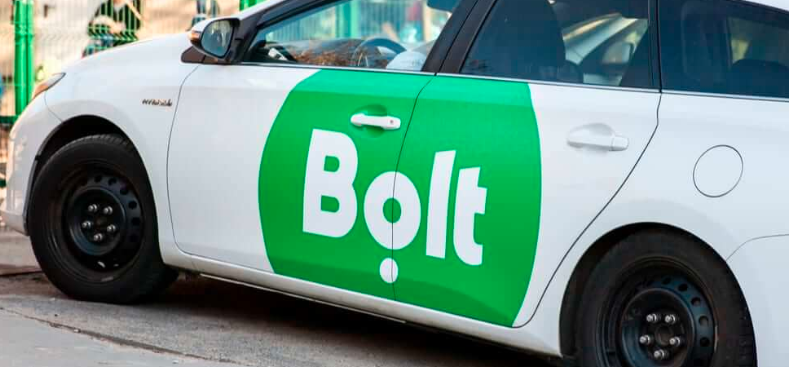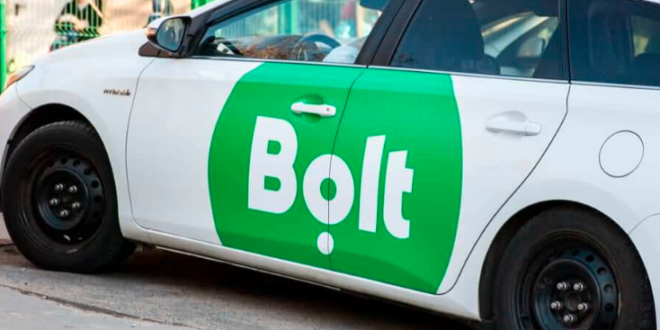By twitter users Bolt has blocked numerous accounts involved in the prank between Nigerians and South Africans. In a trend that took many by surprise.
Ride-hailing app Bolt has blocked an undisclosed number of accounts for requesting fake rides and cancelling them after a driver accepted.
The company has also restricted intercountry ride requests to curb a trend which has mostly involved Bolt users in Nigeria and South Africa.
On Thursday, several accounts on the social platform X posted screenshots of the trend where a Bolt user in either Nigeria or South Africa would request a ride in one of the countries and then cancel it after the driver accepted.
“We understand the impact this situation has had on our driver-partners in Nigeria and South Africa. We are committed to ensuring a safe, reliable, and secure experience for all members of our community,” said Yahaya Mohammed, Bolt’s country manager for Nigeria.
The trend is believed to have started from South Africans who made fake ride requests to prank Nigerian drivers and canceled the request when the driver arrived at the location. Nigerians, in retaliation, pranked South African drivers. Both countries have a history of online rivalry.
It is unclear what the motivations of the fake ride requests is beyond internet trolling. But it raises question about intercountry ride requests and how they can be misused by bad actors. For ride-hailing drivers, the trend is a nightmare.
“I drove from Cape Town to Stellenbosch to pick up a customer only to realise it was a fake request,” one Cape Town-based driver told TechCabal. “That’s almost 50km worth of fuel gone because of internet jokes.”
“This is inconsiderate to our plight. At a time that fuel is scarce and also expensive, no reasonable person should be doing this,” said one angry driver in Lagos.
As Bolt does not reimburse drivers for the fuel spent on cancelled rides, some have resorted to refusing long-distance requests until the situation is addressed by Bolt.

Source: techcable.com
 Home Of Ghana News Ghana News, Entertainment And More
Home Of Ghana News Ghana News, Entertainment And More





